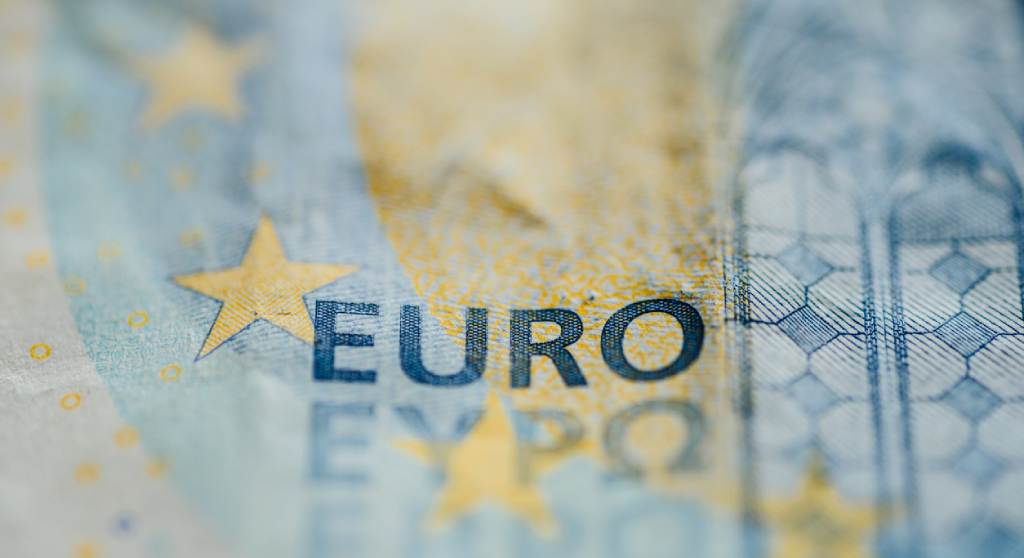
IESE Insight
Is Germany's model the future?
While the financial crisis has wreaked havoc on many euro zone economies, its impact has been less severe in Germany, thanks in large part to the country's economic model. IESE Prof. Antonio Argandoña believes many countries can learn from certain aspects of the German model to help their own recovery. But it's not going to be easy.
The financial crisis has accentuated the vast differences that exist between the powerhouse economies of northern Europe and the weaker economies of the euro zone.
These weaker countries need financial assistance from their stronger neighbors, like Germany, to keep their troubled economies afloat.
But Germany is not just going to write one blank check after another. It wants to export or, as some might say, impose its economic model, based on strict budgetary controls and labor market flexibility.
Transplanting a German economic model to other euro zone countries is easier said than done.
What works in Germany is the result of 60 years' worth of policies that have been allowed to develop, gain acceptance and become part of national culture over time. Getting a country's citizens, politicians, intellectuals, businesses, unions and the media to accept a new model does not happen overnight.
In this 2012 paper, IESE Prof. Antonio Argandoña discusses the main features and the potential repercussions of applying the German economic model to the rest of Europe and, in particular, to Spain.
A solvent model
In simple terms, the German model is based on an open economy, whose growth does not derive from consumption, but rather from the mass export of cutting-edge machinery and technology.
The country's education system is robust at all levels and includes a strong focus on vocational training, which helps to sustain the economy's constant productivity gains.
Germany's industrial sector is a key driver of growth, both in terms of GDP and employment. The industrial sector boasts many SMEs, which benefit from the ready availability of high-tech and highly trained workers.
One of Germany's most distinctive features is the central role played by codetermination (Mitbestimmung), whereby workers have an important say in companies' decision-making processes.
Although unions are strong, they generally enjoy a cooperative relationship with the companies whose workers they represent. This paves the way for concerted action to address problems, moderate social demands and distribute the economic burdens and returns equitably. That, in turn, helps build confidence and commitment among all social actors.
The net result is a country whose welfare state is large but not growing, with an enviable level of business competitiveness and a healthy state of economic performance.
Austerity for all?
To deal with the debt crisis, Germany has exhorted other E.U. countries to reduce their public and private debts, while encouraging more savings and labor market flexibility.
However, the austerity approach raises several concerns — not least the fact that the austerity being imposed on indebted countries is deepening their recessions, leading to a vicious cycle. Such negative effects cast doubt on the advisability of all E.U. partners using the exact same economic model.
Some argue that the German model cannot be exported on account of other countries' very different cultures and work ethics. Yet Argandoña does not completely buy this argument, pointing out that all cultures are in a constant state of flux, so borrowing aspects of other cultures is not out of the question.
In fact, applying certain reforms might not be such a bad thing for Spain, he says. It might actually help Spanish society become more efficient, thrifty and prudent.
Argandoña says Spain could stand to emulate some German practices such as more labor flexibility and making its welfare state more sustainable.
That said, any reform must be tailored to the particular needs and preferences of the Spanish people, which are obviously quite different from those of Germany.
Shared responsibility
When the debt crisis erupted in 2010, Germany and other stronger E.U. nations were none too quick in anticipating that the problems facing the weaker economies would soon become their problems, too. They could have been more forthcoming with solutions sooner.
Let's also not forget that Germany's financial institutions were among those that invested heavily in the public and private debt of those other countries, feeding Spain's housing bubble and Greece's runaway debt.
Yet when it came to resolving the crisis, minimal resources were pledged.
As the continent's de facto leader, Germany cannot turn its back on Europe when it suits them.
Rather than merely issuing stern warnings and demanding long-term discipline, Germany should seek to participate more proactively in solving the shared problems of its E.U. partners, says Argandoña.
